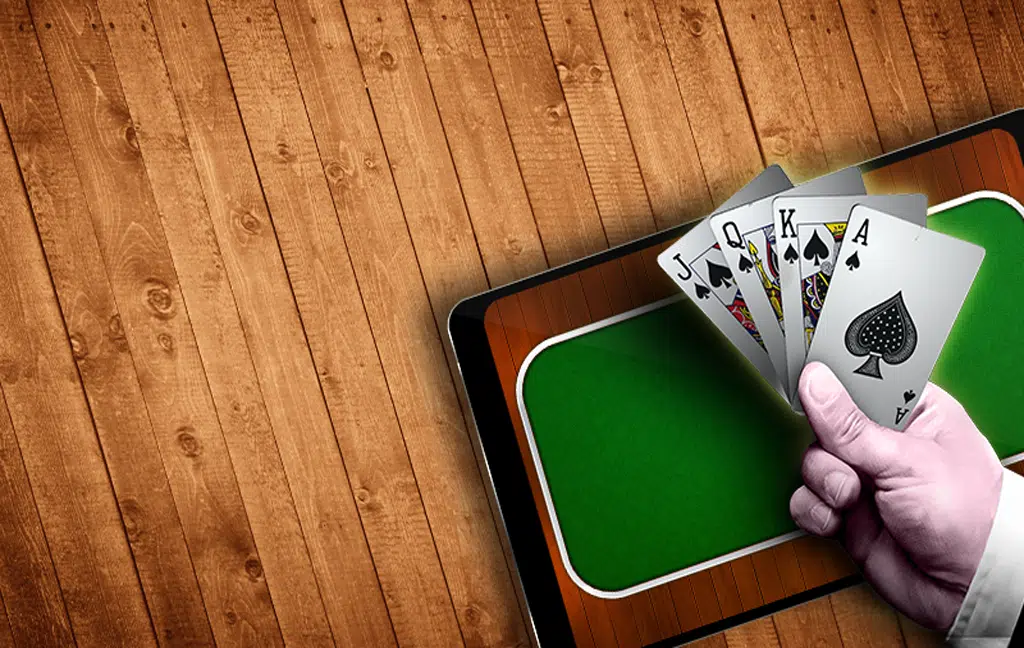The history of rummy is a fascinating one. This card game has been a part of our lives for centuries now and has evolved into many variants.
It is a melding game that requires you to group or match cards in sequences and sets. This can be done by matching three or more of the same suit or a set of cards with a certain rank.
Origins
The history of rummy is a fascinating one. It has transcended the boundaries of nations and captivated people of all ages.
The origins of rummy are not known for sure, but there is a popular theory that says it evolved from the card game Conquian, which is believed to have originated in Mexico or Spain. It spread to America during the nineteenth century, where it has since spawned various variants.
Some also believe that it was derived from Mahjong, a Chinese card game with tiles. The name rummy may have come from the British slang word “rum” which meant a bit odd, strange, or queer.
The game also has a variety of variations, including Indian rummy, Gin rummy, and Canasta. Among them, gin rummy is one of the oldest versions and is played between two players.
Rules
Rummy is a card game that can be played by two to six players. It is played with one or two decks of cards (including jokers).
The basic game objective is to arrange 13 cards into valid sequences and sets. A player wins the game by arranging a valid set or sequence and making a valid declaration first.
To create a valid set or sequence, a player must have a combination of three or more cards of the same rank. They can use printed or wild card jokers to complete their set.
A player can drop the game if they have a bad hand. The penalty for this is twenty points in 201 rummy and forty points in pool rummy.
Variations
The history of rummy is a long one, and it has evolved in different ways across the globe. There are many variations of the game, with each of them having their own set of rules.
In most of these, points are won or lost based on the number and types of melds created. Aces, face cards and numeric cards all carry 10 points each.
Aside from this, there are some other factors that determine whether a player wins or loses. These include the number and kinds of melds they create, as well as cards that remain unarranged in their hand.
Contract Rummy is another variation of rummy, where the players are required to complete a specific contract each round. These contracts vary in difficulty and can be very demanding on every deal.
Scoring
In rummy, points are won or lost by players based on the number and types of melds they have created. They are also affected by the cards that remain unarranged in their hand when someone goes out of the game round.
In standard rummy, the overall winner is the player who accumulates the most cumulative points after a certain number of hands. Alternatively, points can be awarded to the last player standing.
Points are won or lost by melding the cards into sets (three or four of a kind of the same rank) or runs (three or more sequential cards of the same suit). Aces, face cards and jokers are also worth a specified amount of points.
There are many different types of rummy games, each with their own scoring system. Some are formal and some have house rules that can make a big difference to the way the game is played.





